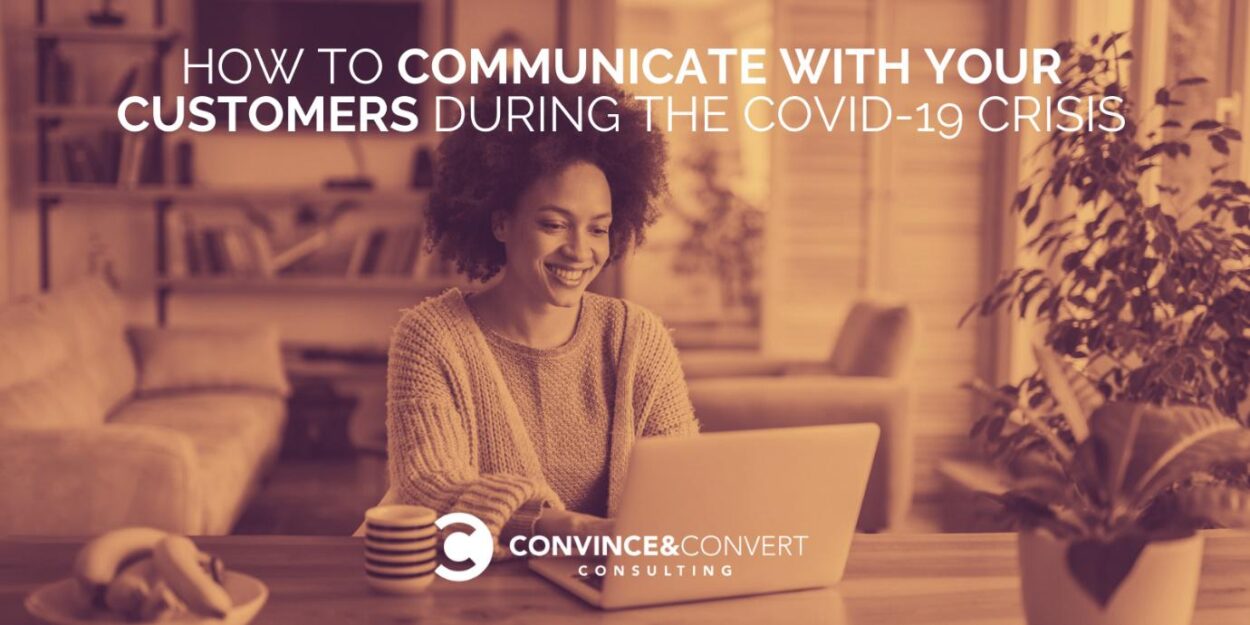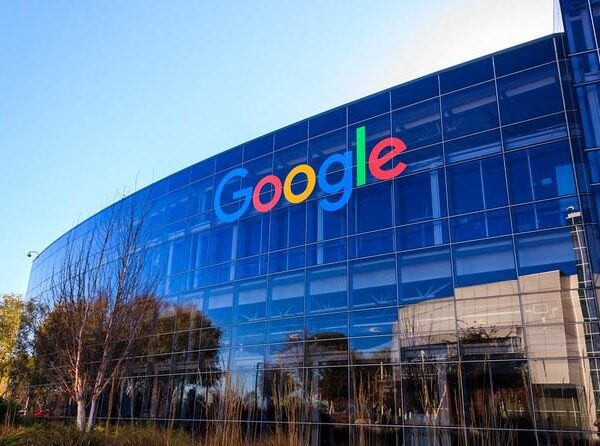Whether you’re a B2B, B2C, or services company, if your business has always relied on in-person selling, navigating sales and client retention in the ongoing coronavirus pandemic is likely induced by fears that we don’t know how to make a sale remotely.
Add to that the pressure of understanding new customer behaviours and their trying economic realities, and you end up with even more worrying workdays as you look for ways to cope with the many challenges of COVID-19.
So, how do you actually talk to customers during turbulent times?
“Businesses who care and show genuine empathy for what people are going through as against capitalizing on the situation for their own gain are those who will win in the long run,” says Rashid Al Ghurair, founder and CEO of on-demand fuel delivery service start up CAFU. “Brands need to don the caps of empathy, care, and authenticity during this time.”
With face-to-face interactions having been the mainstay of many industries and people now relying on technology and digital platforms even more to connect with brands, it is important for companies to meet their consumers where they’re spending the most time, adds Ramez Shehadi, Managing Director (MENA) at Facebook.
“To craft effective stories, businesses can ensure their communications, whether it is a campaign or an ad, [are] mobile-optimised,” he says. “One key aspect of mobile storytelling is through the use of video. Videos can also help brands deliver longer, more complex messages- Stories, Facebook Live, and augmented reality are just some of the formats they can use to tell their story in new and creative ways. While there is no one best approach, it is extremely important for businesses to connect with their customers, maintain open lines of communication and keep them informed during this challenging time.”
Shehadi adds that it is important to set “realistic expectations” and reinforce the latest situation in all communications to “remove any doubt or fear.”
Untapped opportunities
And if you have a solution that can address consumer problems during this time or can make the situation easier, then now is also the time to bring it to life says Al Ghurair.
“While the COVID-19 outbreak has laid bare some of the vulnerabilities of businesses and society, it has also presented businesses with largely untapped opportunities,” he explains. “It has shown how a digital-first approach is essential for an organization’s survival, that it is not a ‘nice add-on’ to be online, but a must-have. Personally, I believe in the transformative powers of technology and this crisis today can be a good starting point– to get innovative and creative. It is also a good time to re-evaluate your business model– relook at market demands, identify changes in consumer habits, leverage possible gaps and opportunities. Agility is essential to shift to the new normal.”
As confusion and fear prevails, Al Ghurair adds, it is important for businesses to reassure their customers that they are there for them, and that their technology will make life easier.
“For instance, CAFU’s contactless fuel delivery service is an example of how people can adhere to social distancing and avoid travel to petrol stations by ordering fuel at their homes as per their convenience,” he shares. “Use of social media channels as well as videos can go a long way in driving this reassurance. At the same time, businesses need to constantly be on the lookout for consumer issues and focusing on developing innovative technology can address those problems.”
Programs like Dubai Startup Hub’s Market Access has also been helping Dubai-based startups pitching for new business. Launched in 2017, Market Access is a first-of-its-kind program that pairs leading companies and government entities in the UAE with startups that offer innovative solutions to address their key challenges.
Dubai Startup Hub, an entrepreneurship initiative of Dubai Chamber of Commerce and Industry, has also taken its events online to support members including networking events, training workshops and delivery of all its programs and activities to help them make new connections and grow their ventures.
Seven major corporates have signed up to the latest edition of Market Access including Sanofi, Mediclinic, Sumitomo Corporation, Accenture, Dubai South, Emirates Post Group and Emirates NBD, giving startups the chance to submit their solutions online and pitch their business concepts.
In its fourth cycle, the Market Access programme has received more than 500 applications from corporate and startups in previous rounds. Startups that make the cut also benefit from training and pitching workshops, access to lucrative business opportunities as well as a platform to boost their market exposure and build their brand reputation.
‘People-first’
Ultimately, businesses need to prove and reflect that taking care of people –their own, their customers and even the wider community– must be a top priority.
“While open and transparent communication as well timely updates can keep businesses top of mind of their customers, recognising the efforts of the many unsung heroes within our communities who are doing great community work during COVID is also a great approach,” Al Ghurair says.
“For example, CAFU launched a new initiative called ‘CAFU Community Champion’ where people are invited to nominate a champion they have come across from within their community. If selected, the nominator and the champion both will be rewarded with a free tank of fuel with their story featured on the website and CAFU’s social media channels.”
As technology and social media continue to play a critical role in connecting people, communities and businesses during the outbreak, Facebook’s Shehadi stresses that brands need to focus on maintaining ongoing dialogue with customers.
“This could mean proactively answering customer inquiries, responding to changes in consumption scenarios or marketing the most relevant products,” he says. Sales leaders need to think “people-first,” he adds. “Businesses need to be meaningful, generous and helpful in their communication. There’s a fine line between being relevant and being opportunistic– businesses shouldn’t be the latter.”
This article was originally published on Dubai Startup Hub and has been reposted on Entrepreneur Middle East based on a mutual agreement between the websites







Leave a Comment